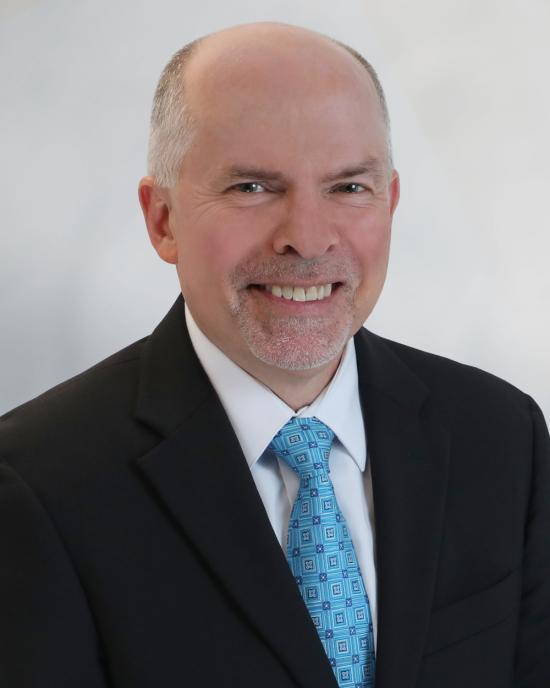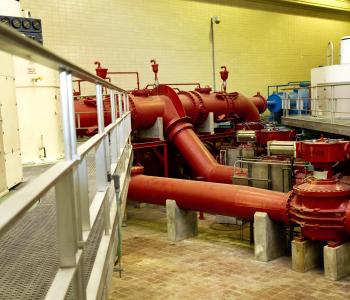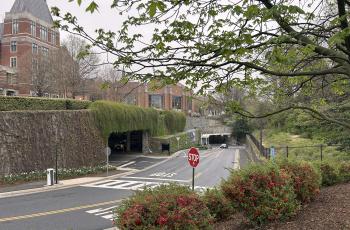OUTGOING WASA BOARD CHAIRMAN URGES FEDERAL ASSISTANCE FOR CHALLENGES AHEAD
Unfunded federal mandates will mean significant increases for water and sewer customers in the District of Columbia, warns Glenn S. Gerstell, the outgoing chairman of the D.C. Water and Sewer Authority. New rules imposed by U.S. EPA, while reflecting environmental goals that we all support, will require a huge financial commitment by District ratepayers, Gerstell says.
Rate increases are already projected to range from 7.5% to 9.5% to finance WASAs ten-year $2.2 billion capital improvement program. The current average monthly residential customer bill of $48.66 is projected to rise to $88.28 in 2015. New and changing federal regulations require additional and costly improvements, and Gerstell noted that, unless another revenue source is found, the burden of cost falls on District citizens and businesses. WASA has only 130,000 customer accounts. As the saying goes do the math. Its clear that this is a tiny revenue base upon which to erect a multi-billion dollar cost program, remarked Gerstell.
In his statement of support today at the confirmation hearing for Mayor Adrian Fentys appointments to the WASA Board of Directors, Gerstell told the District Council Committee on Public Works and the Environment that his successors on the Board will face continuing and new challenges. Citing stringent environmental requirements at a cost of billions of dollars and the repair of the citys aging and deteriorating infrastructure, Gerstell called for Congress to shoulder a large portion of the expense.
Since so much of the required capital expenditures are federally mandated, and since much of WASAs original system was designed and built by the federal government, the Authority and the District must continue to work with federal lawmakers on funding assistance.
To date, WASA has received approximately $90 million in federal funding aid for projects associated with the Districts obligation to reduce combined sewer overflows (CSOs) that pollute local waterways. By 2008, WASA will have spent $140 million to reduce overflows by 40 percent. The price tag for the 96 percent reduction required in the federal consent decree is and additional $2 billion.
Gerstell went on to cite other challenges facing the Authority, including additional mandates, upwards of $1 billion, for Blue Plains wastewater treatment plant improvements to meet new EPA standards for the Chesapeake Bay, as well as funding for WASAs $2.2 billion Capital Improvement Program (CIP) to address decades of underinvestment in the Districts water and sewer infrastructure.
In closing, Gerstell credited WASAs workforce and General Manager Jerry N. Johnson and his team for moving the agency toward world class stature since its creation in 1996. He also applauded the nomination of Robin Martin to the chairmanship of WASAs board.
Robin wasted no time in learning all about the Authoritys operations and finances, through many, many hours at WASA meetings and in discussions with me and the Authoritys executives. He is taking this transition very seriously, and I can say that nobody was ever better prepared for this position than he is today.
Although Gerstell had announced his resignation in the closing days of the Williams administration, he deferred its effective date until Mayor Fenty had nominated a successor in order to assure a smooth transition.
###








